Design and Technology in KS3
Design and Technology plays a crucial role in the Key Stage 3 curriculum, providing students with the opportunity to develop a range of practical skills, creativity, and...
Filter by Category
Filter by Author

























































































































































































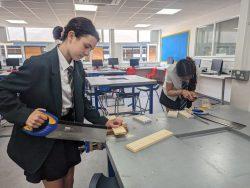
Design and Technology plays a crucial role in the Key Stage 3 curriculum, providing students with the opportunity to develop a range of practical skills, creativity, and...
Posted by Charlotte Hewitt
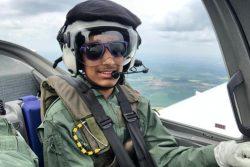
Click the link below to read the Watford Observer article about Armaan https://www.watfordobserver.co.uk/news/23569316.bushey-meads-school-teen-takes-sky-raf-pilots/
Posted by Helen Blowers
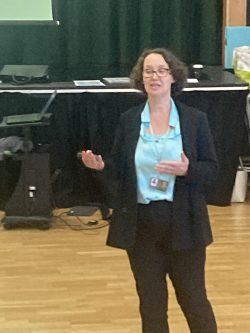
On Thursday 8 June the SEND leaders held an information afternoon for parents and carers whose children are in Year 6 and have an EHCP or wider SEND needs. The afternoon was...
Posted by Sara Ash - Deputy Headteacher
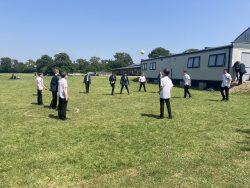
It has been lovely to finally experience some warmer weather and allow the students to take advantage of our fantastic outside environment during break and lunch times. On Friday...
Posted by Sara Ash - Deputy Headteacher
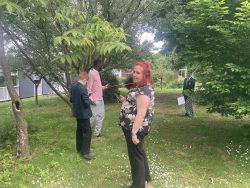
It was wonderful to see Year 8 students exploring nature during a recent science lesson with Assistant Headteacher, Ms Greenwood. The students were thoroughly enjoying identifying...
Posted by Sara Ash - Deputy Headteacher

Join Mercedes-AMG Petronas Formula One for an unforgettable opportunity to ignite your passion in STEM! This exciting Certification...
Posted by Mo Abusef

Posted by Danielle Bowe
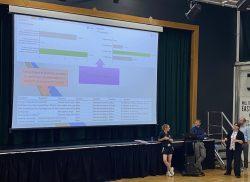
It was great to start the second week of our final Marking and Feedback Fortnight of the academic year by hearing from four colleagues in the Performing and Visual Arts Faculty...
Posted by Jeremy Turner
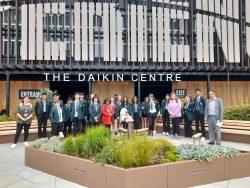
Year 10 and 9 visited the BBC Earth Experience and the Natural History Museum on Tuesday 6th June. The students showed exemplary behaviour on public transport and at both venues....
Posted by Vishanti Ram

Posted by Maryam Razavi
Design and Technology plays a crucial role in the Key Stage 3 curriculum, providing students with the opportunity to develop a range of practical skills, creativity, and problem-solving abilities. Across key stage 3 students have been participating in some of the exciting projects and activities in their D&T lessons.
In Year 7, students have been immersing themselves in the world of food technology, learning about healthy eating choices and basic culinary skills. They have been making fruit salad, couscous salad, and pizza toast, utilising a range of ingredients and cooking methods. These experiences have allowed students to develop their culinary skills, become more confident in the kitchen, understand the importance of food hygiene and cleanliness, and make more informed choices about their nutrition.
Moving on to Year 8, students have been exploring resistant materials by creating fantastic animal organisers. They started by creating a cardboard model, before moving on to using CAD software to laser cut the final product. This project has been instrumental in developing the students’ digital skills, allowing them to combine their creativity with technology to come up with an innovative and finished product.
In Year 9 textiles, the students have been designing and creating their own shorts, using patterns to cut the garments and tie-dyeing their own fabric. This project has allowed them to gain a deeper understanding of the design process, as well as practical skills such as sewing and dyeing. This project can build their confidence, as they have created something unique and of their own design, and provides them with the skills they need to make clothes independently in the future.
Finally, in Year 9, students learning about food technology focused on the bread making process and the functions of its ingredients. This exposed students to the science behind the dough, including the role of yeast, flour, and salt. Students get hands-on experience with the kneading process, teaching them skills that are not only valuable for bread, but applicable to other foods such as preparing pasta.
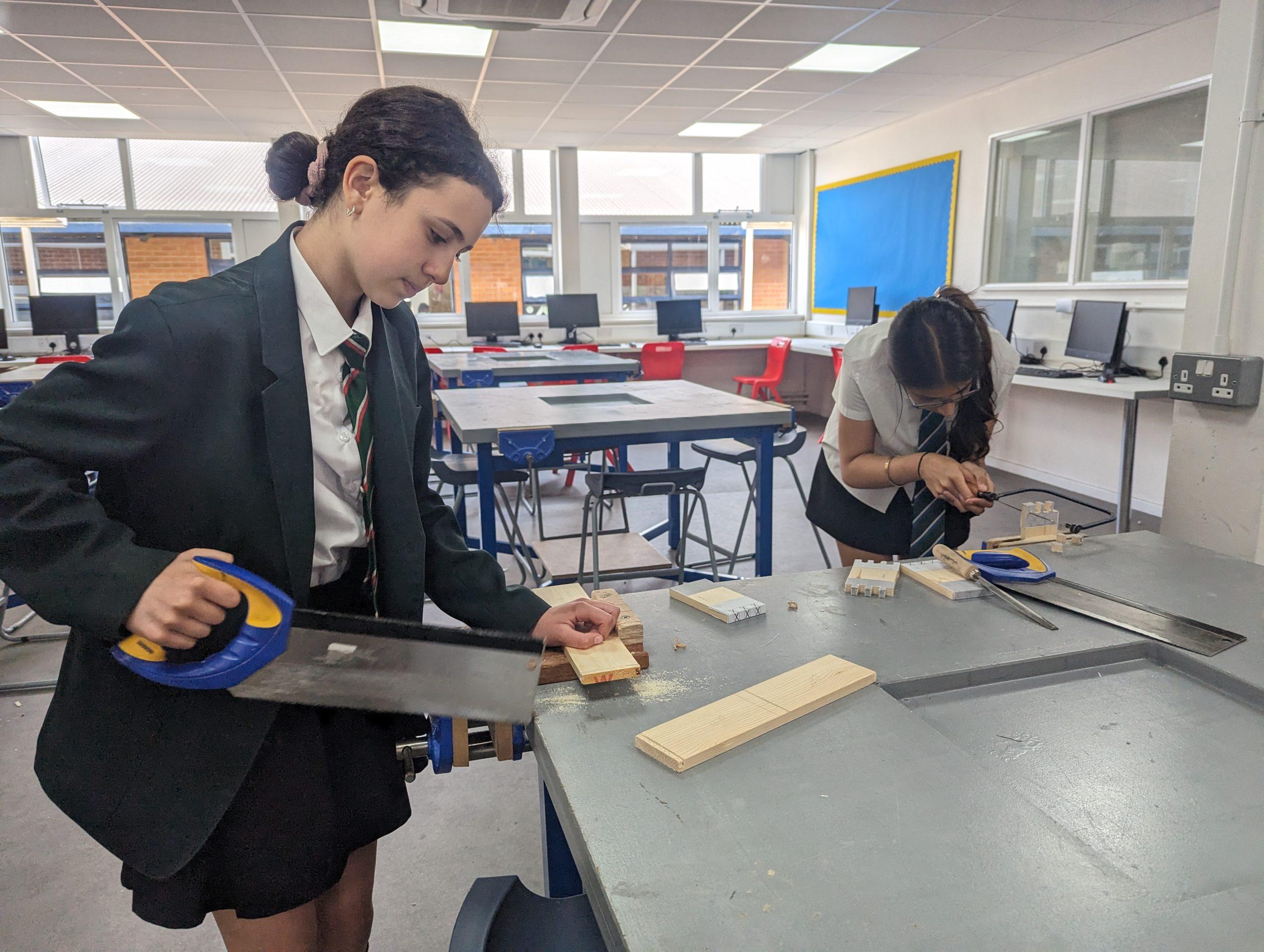
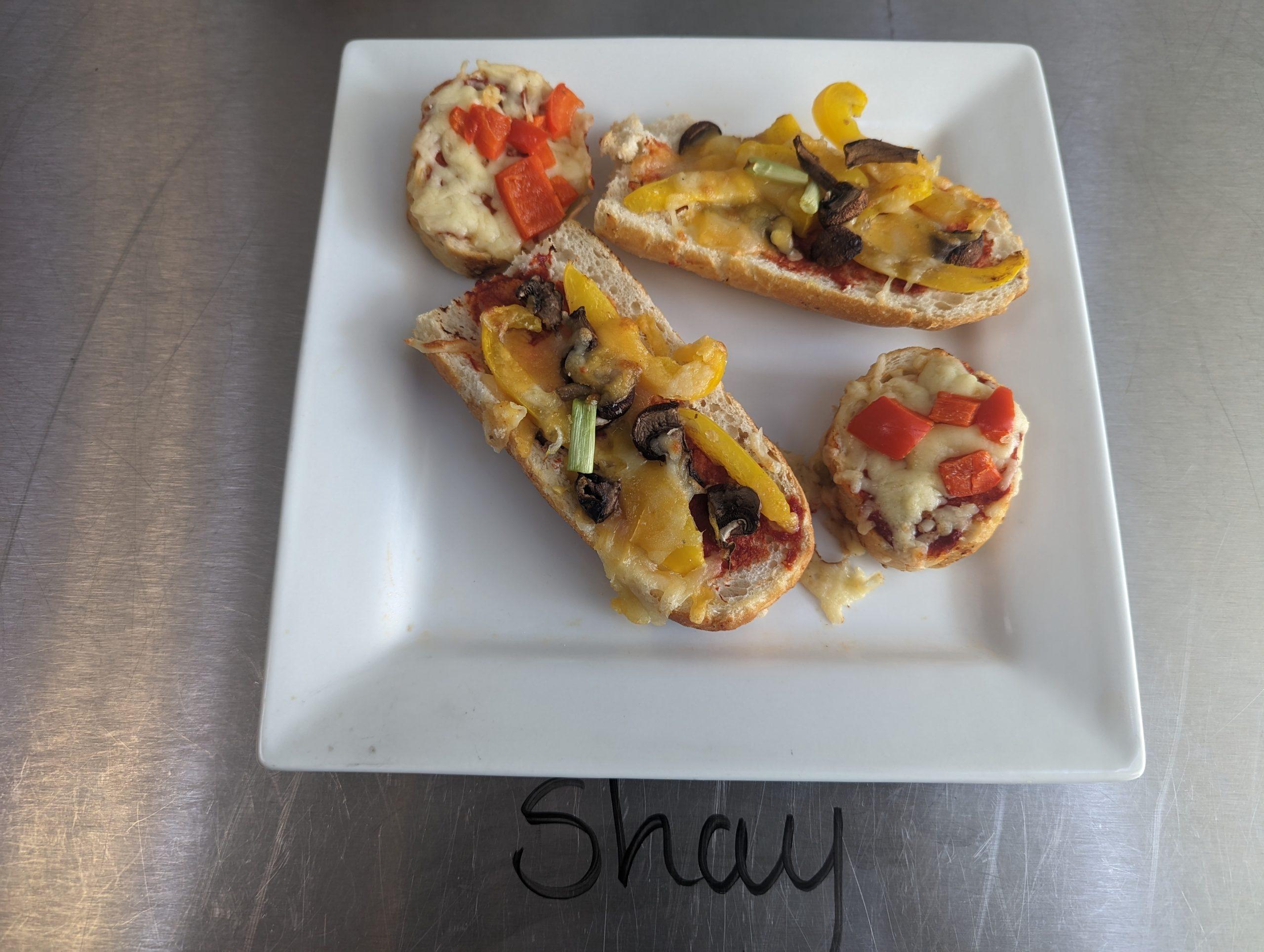
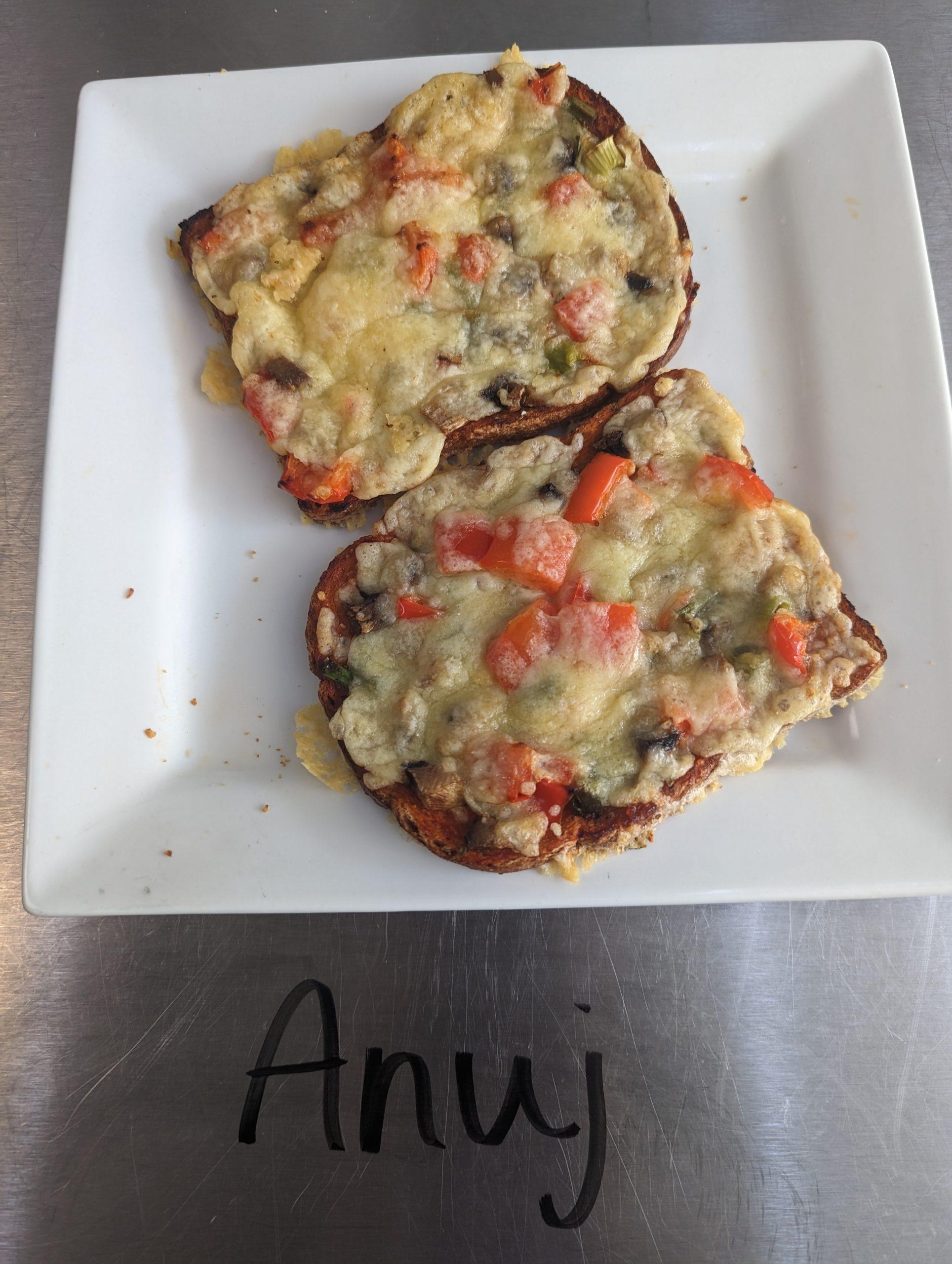
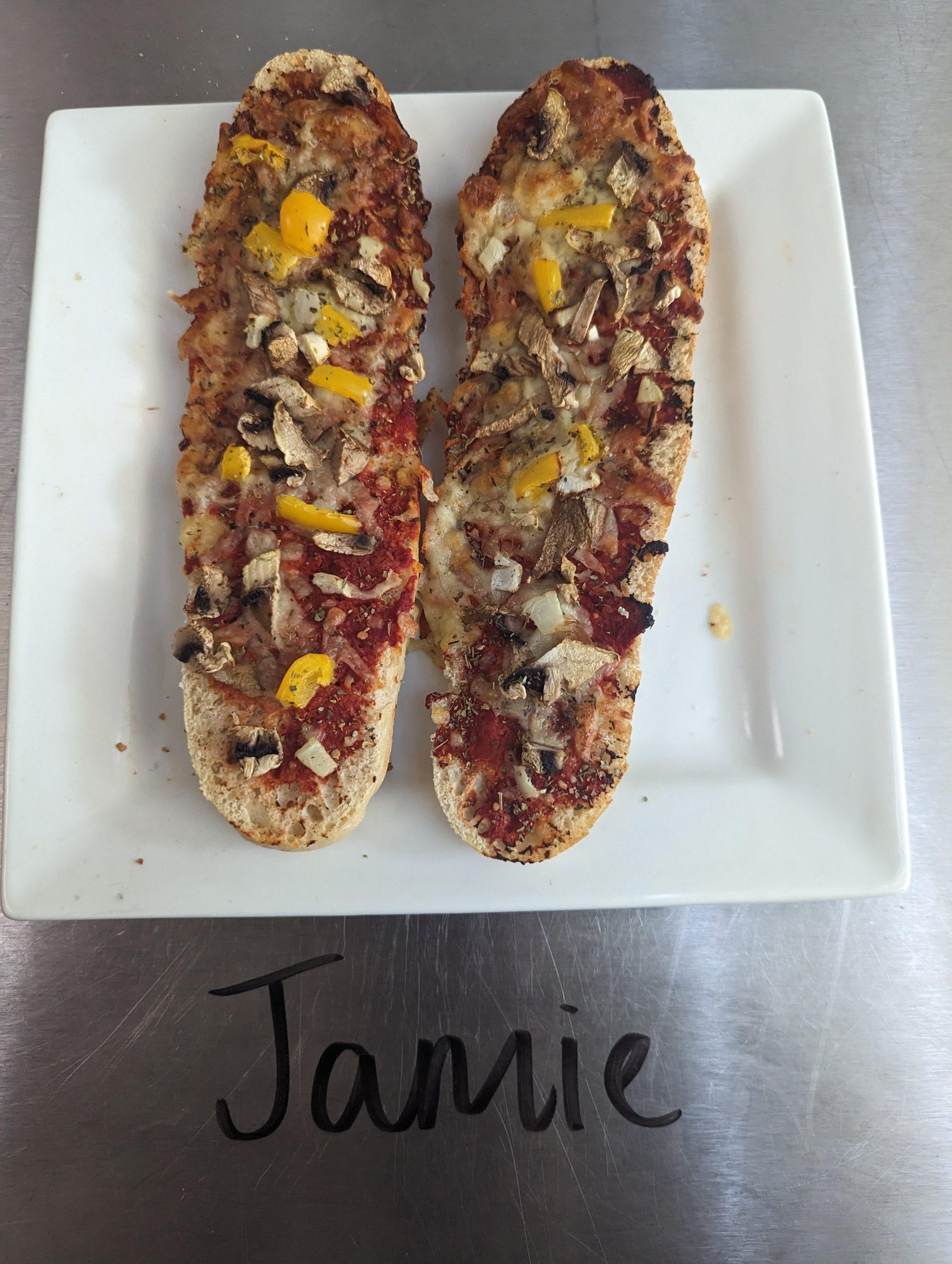
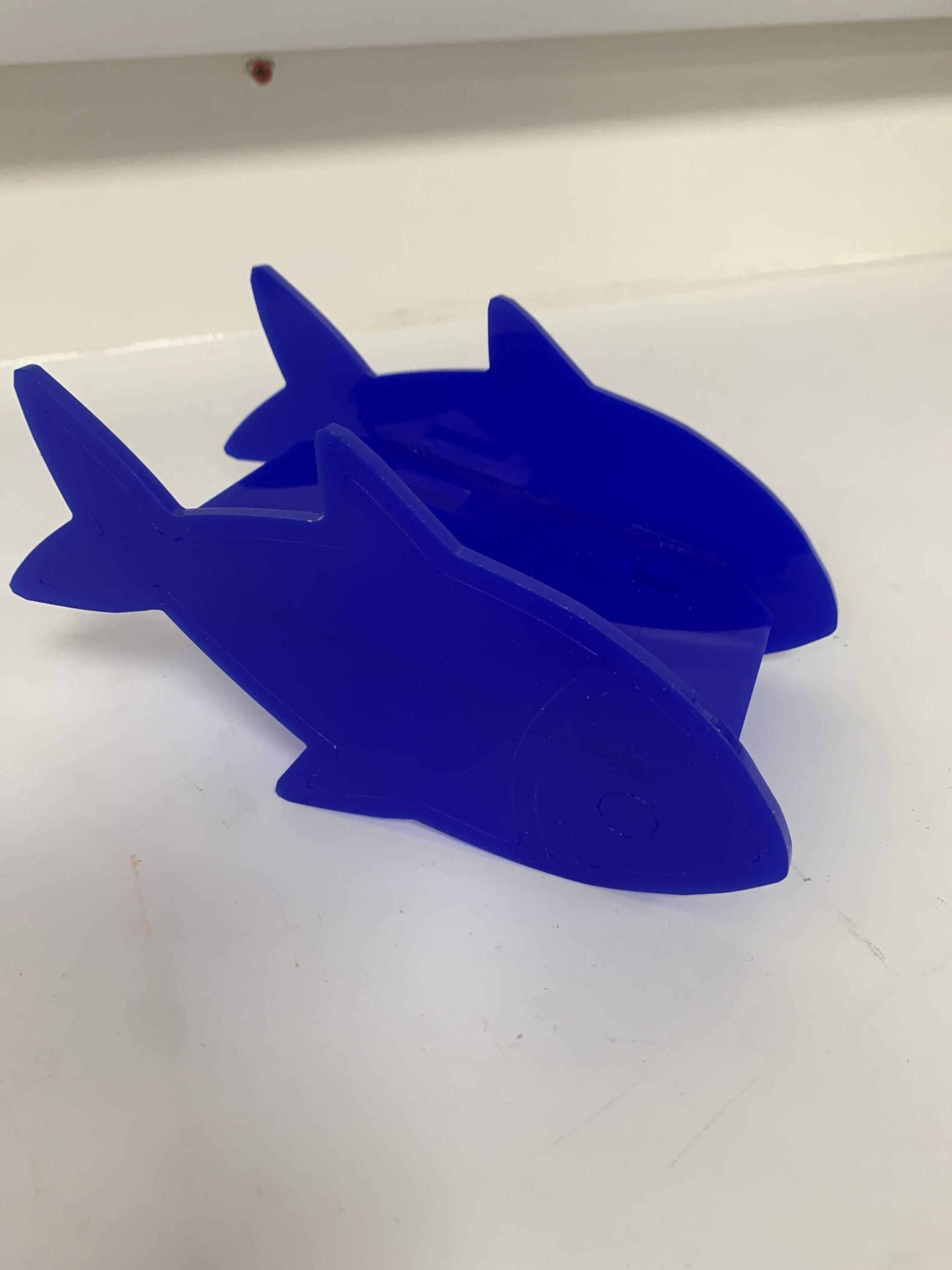
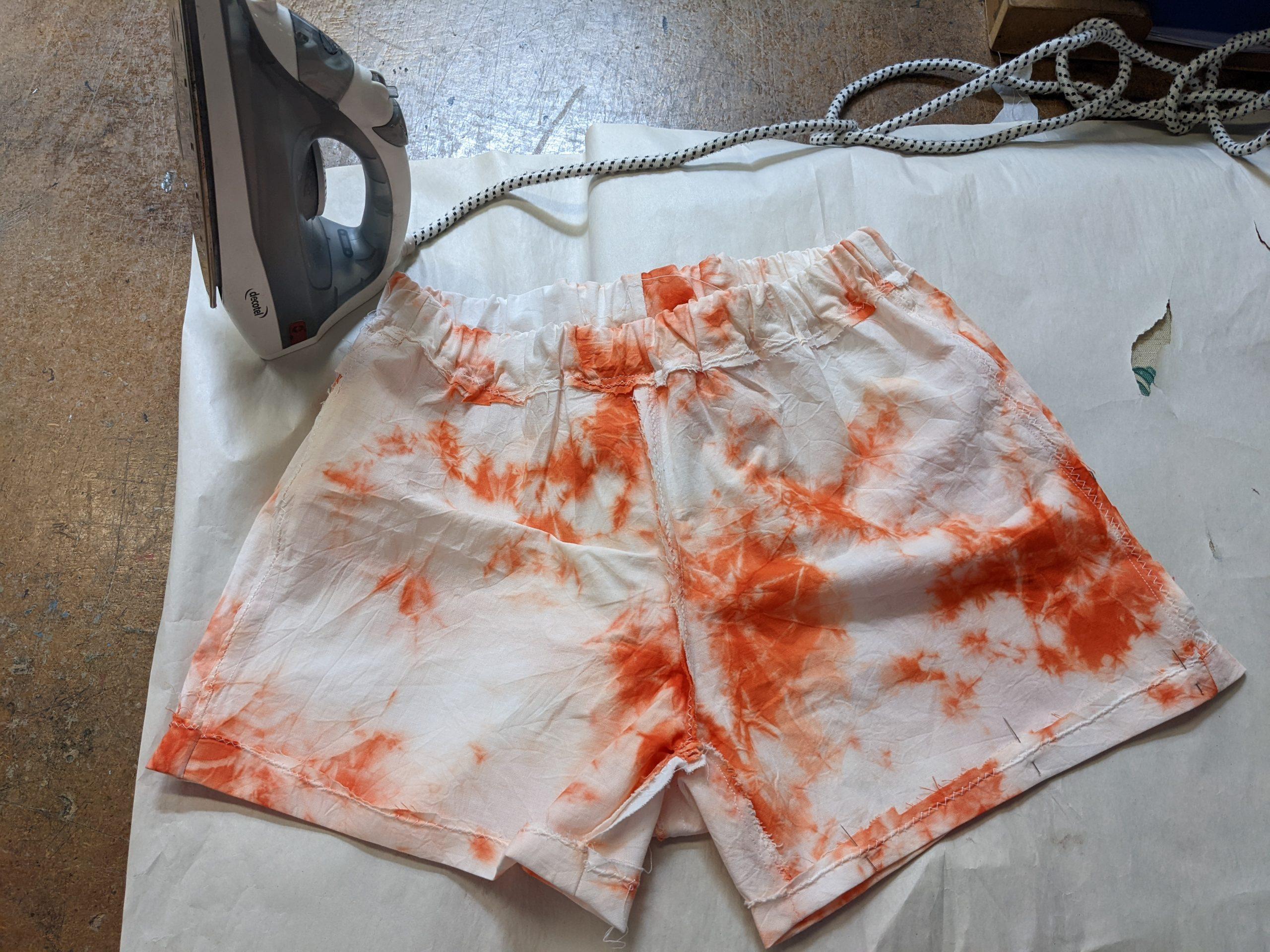
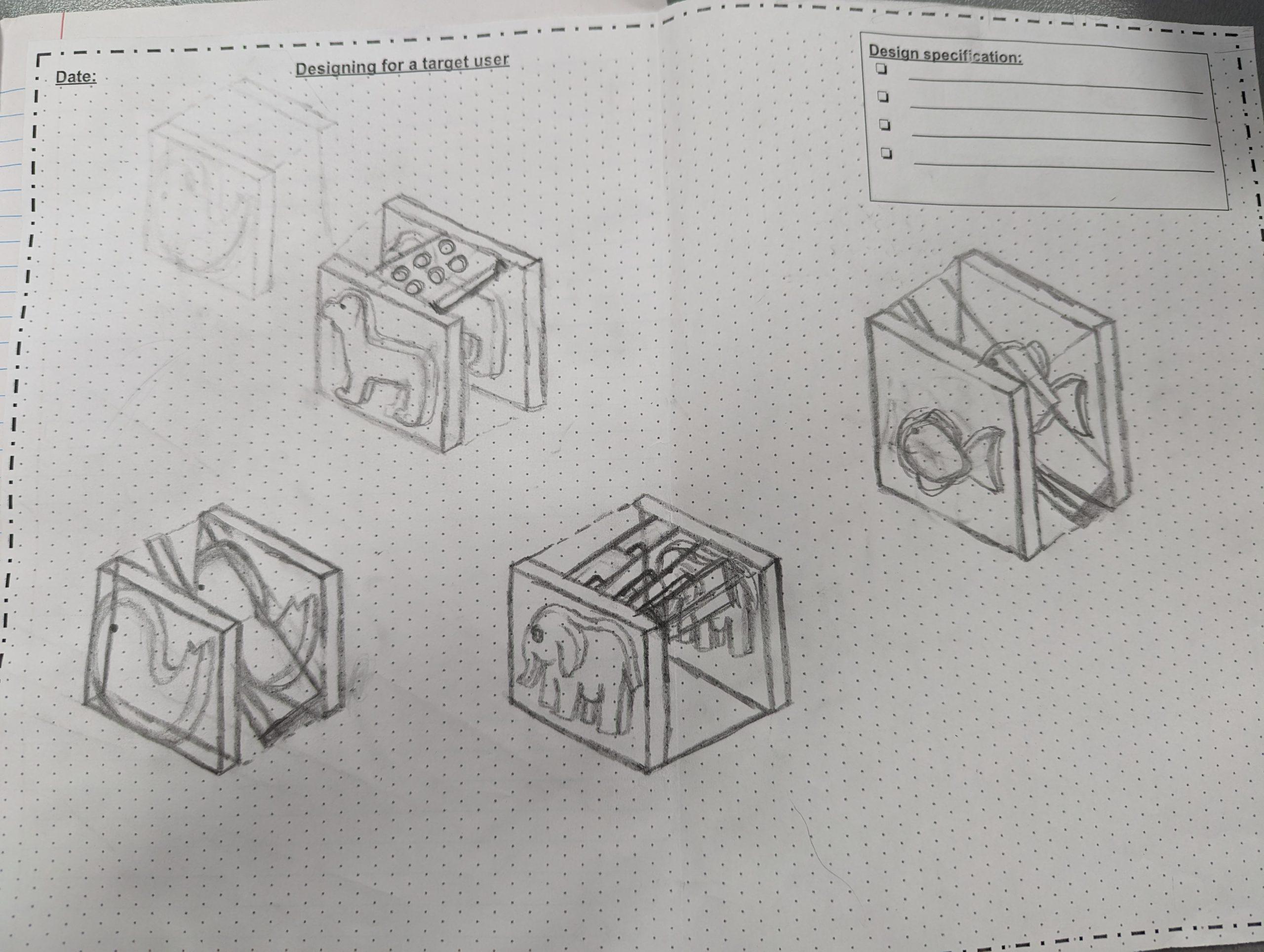
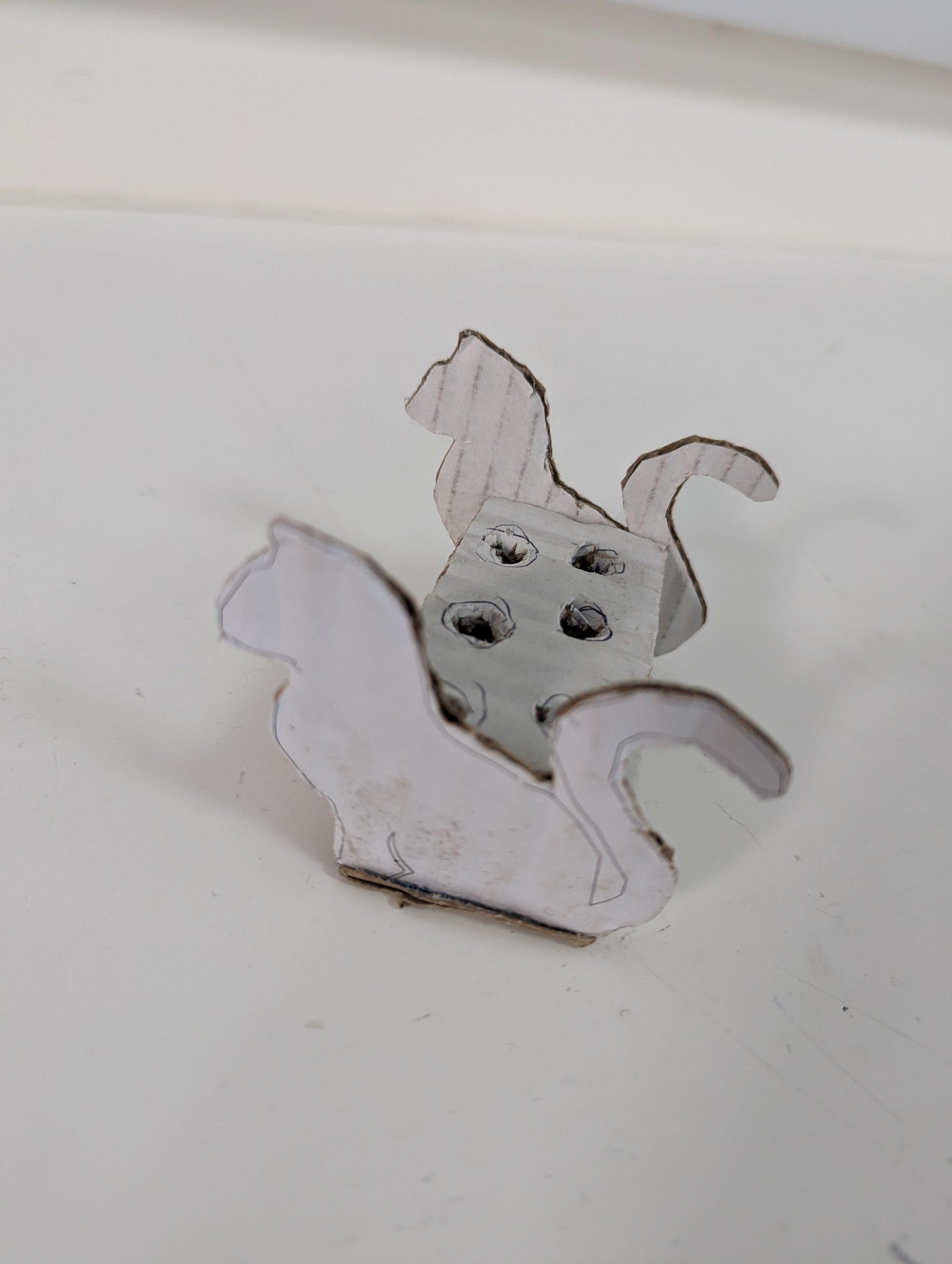
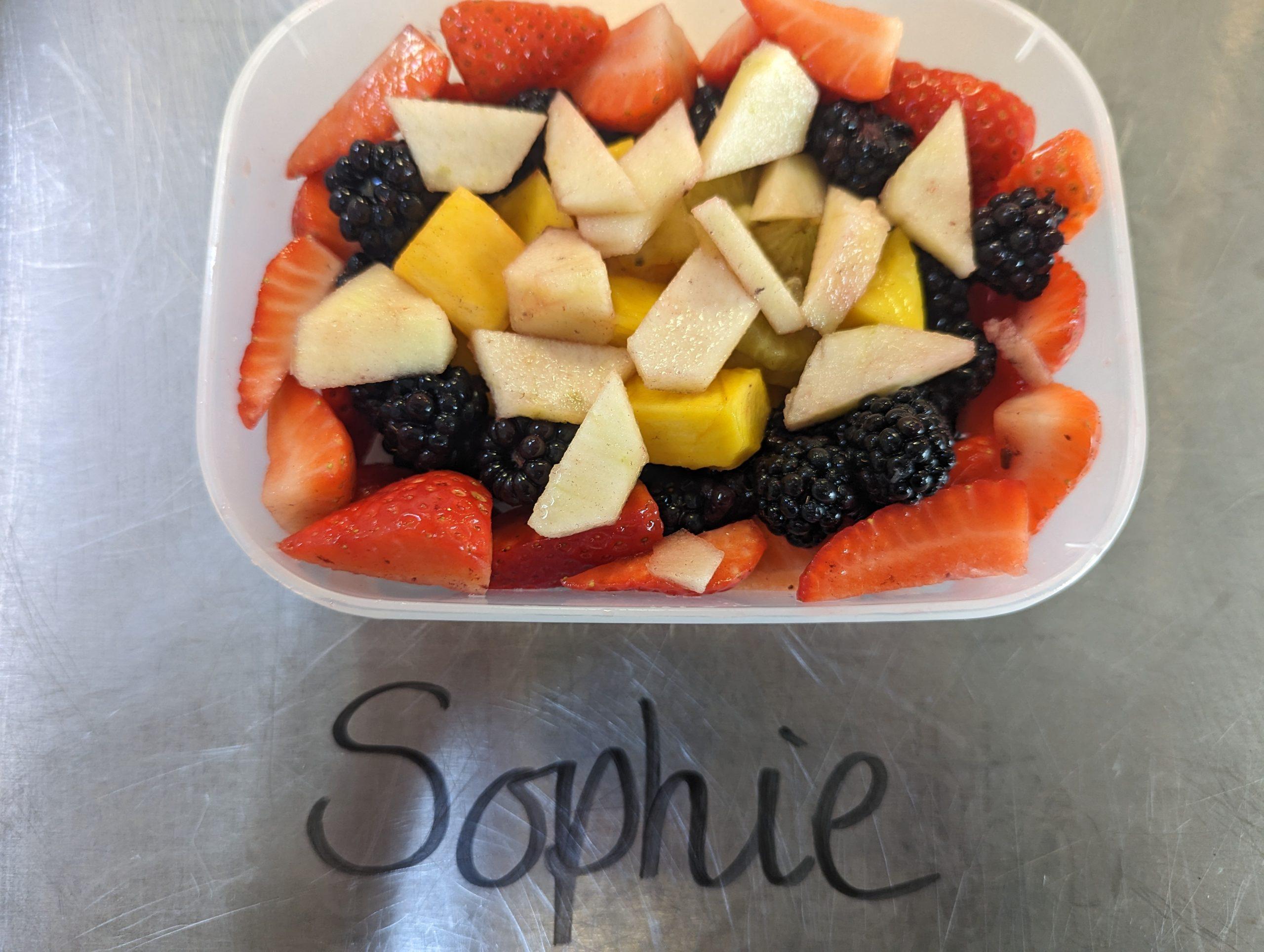
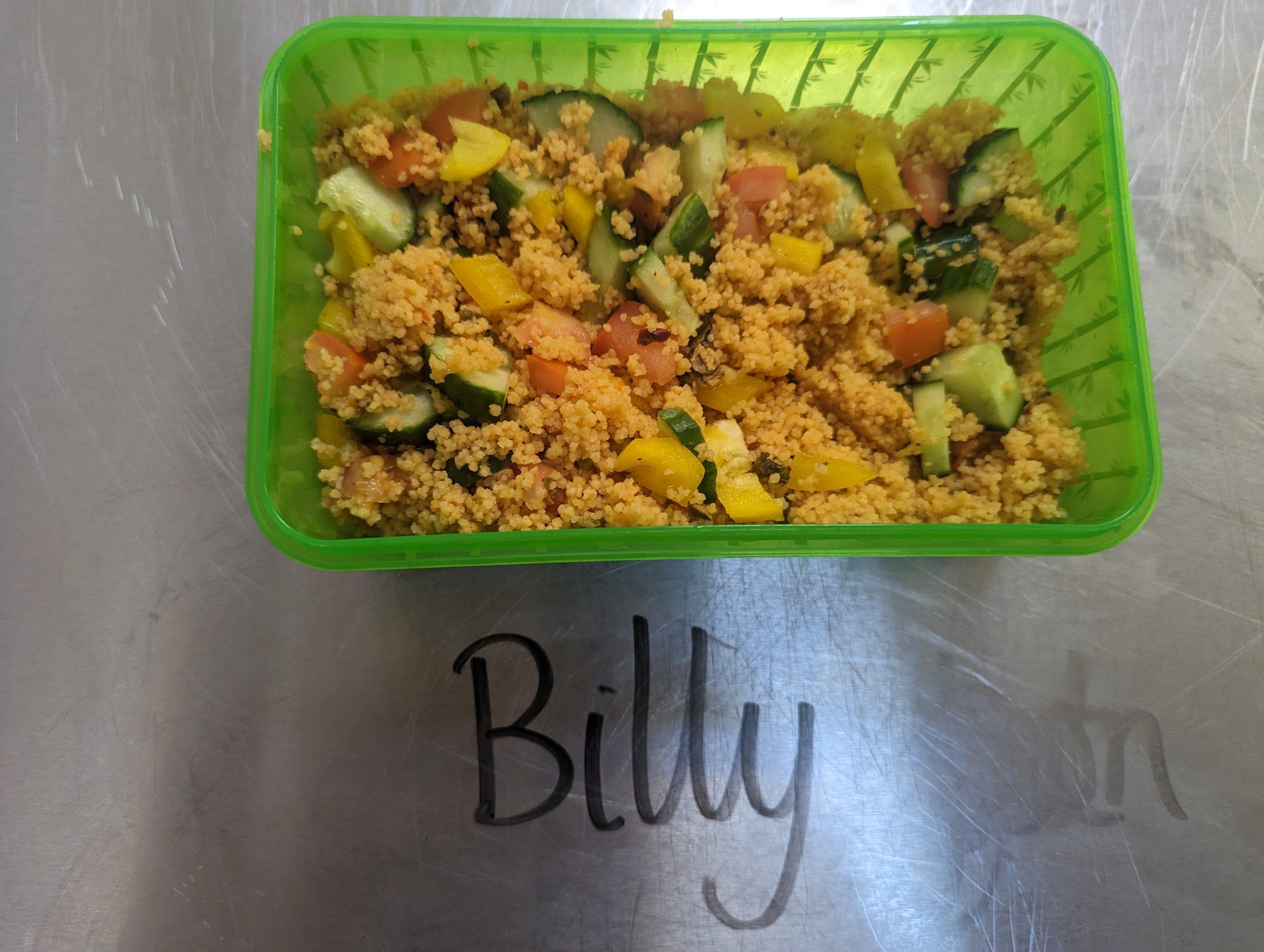
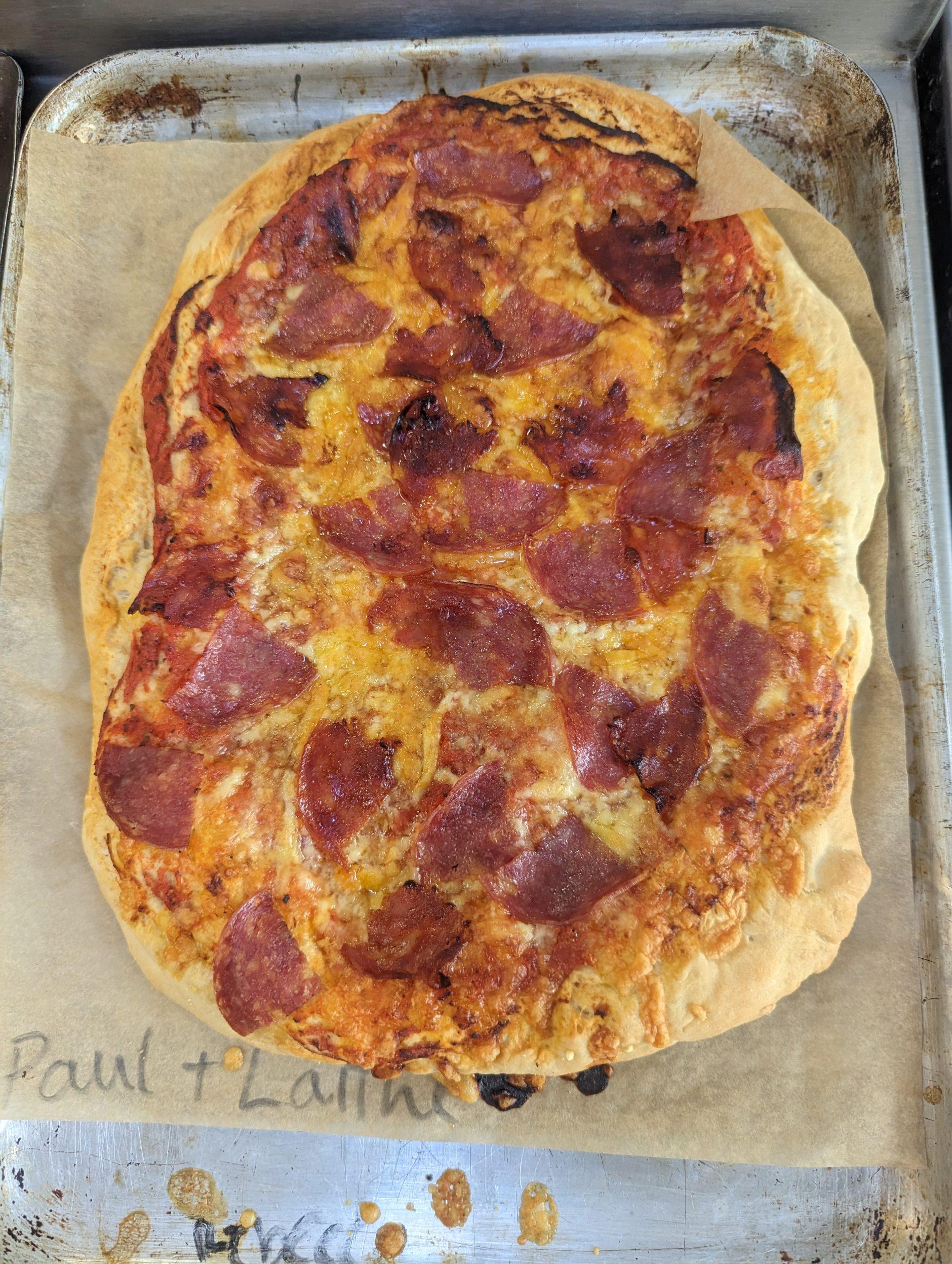
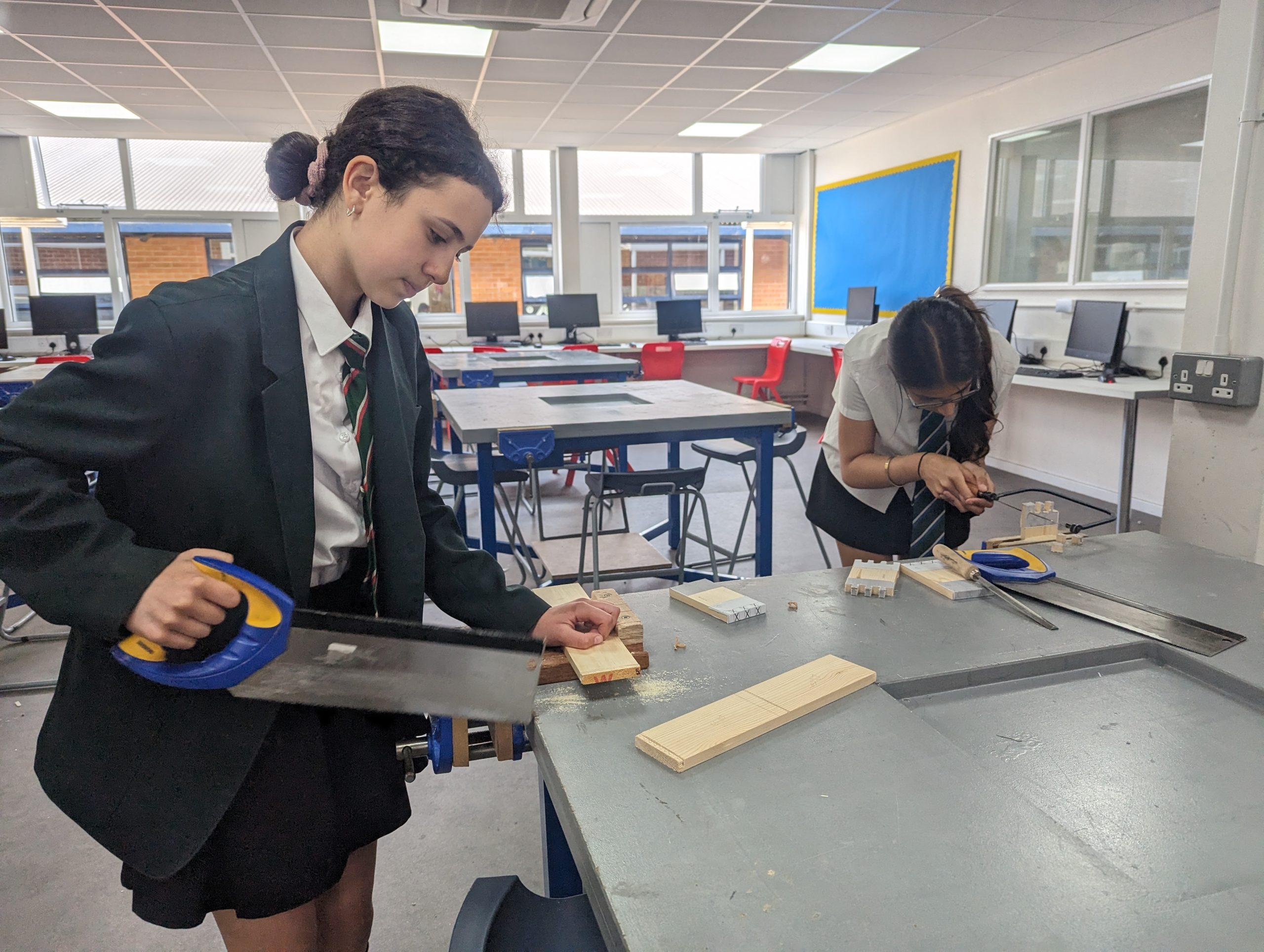
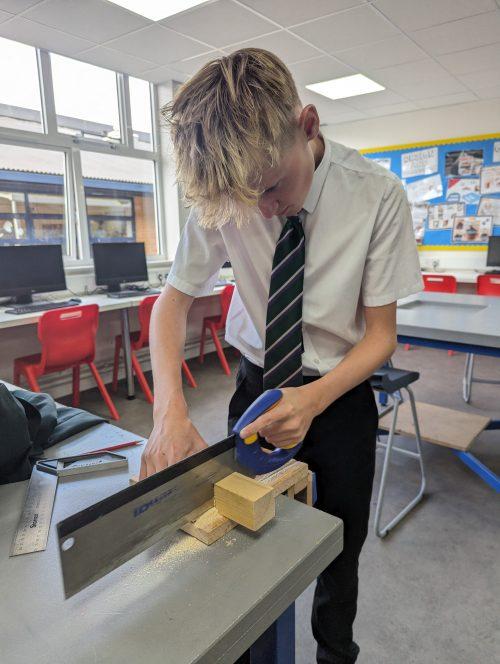
This week we are celebrating the outstanding work of our Year 10 students in the GCSE Design and Technology classes. From woodworking wonders to textile triumphs, our students are...
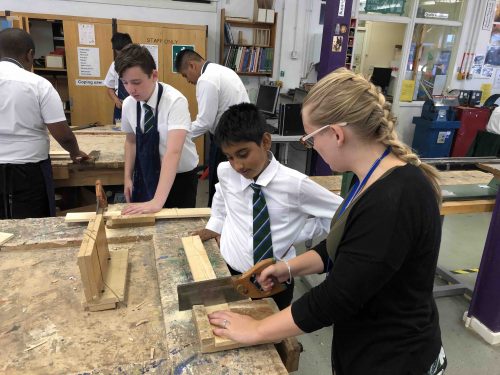
There was a tangible focus across the Design and Technology faculty during year 9 lessons last week. Students were engrossed in their projects and all teachers were modelling the...